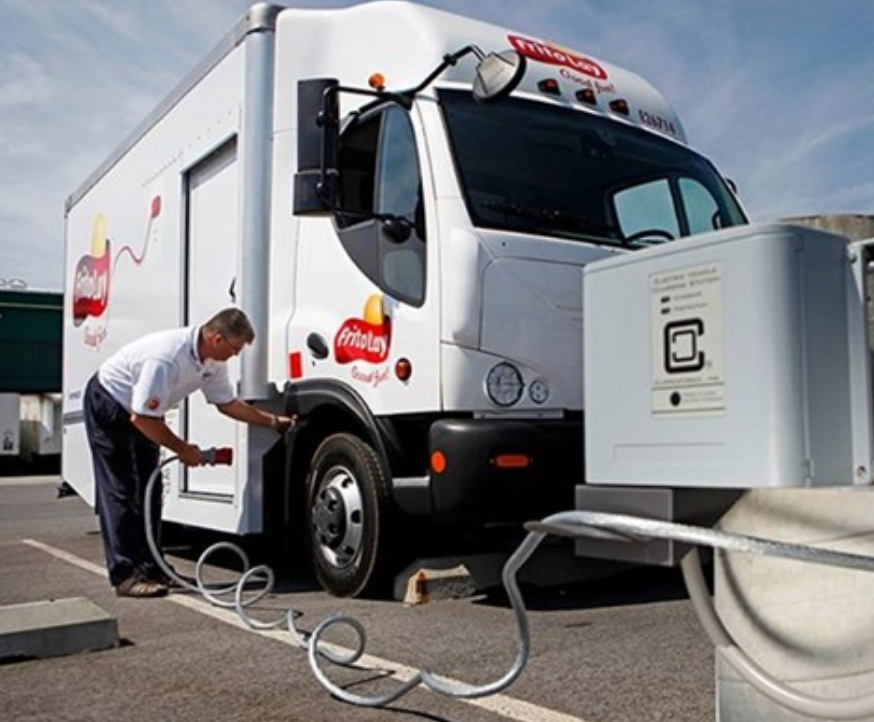Can Lithium Accelerate the End Gas-powered Vehicles?
Key transportation pundits are really beginning to ponder whether the growing use of lithium-powered batteries can bring a relatively quick end to gas-powered vehicles.
Consider the numbers: Lithium demand has already been projected to grow over 300% in the coming years, but that figure could prove to be a woeful underestimation given the massive transportation transformation that’s now on the horizon.
The global race for much-needed lithium is on, and it’s being led by several established producers and prospective miners like Standard Lithium Ltd., Albemarle Corporation, FMC Lithium and Sociedad Quimica y Minera, all of which are being driven further by current EV makers like Tesla, Inc.
One development tilting the scale toward electric vehicles (EVs) is the fact that at least seven countries plan to ban the use of internal combustion engines. With an air pollution problem that has hit critical levels, the Chinese government is seeking to cap carbon emissions by phasing out vehicles using gasoline and diesel.
Led by China’s 2030 fiat, the impending changes will prove momentous. India is on a similar trajectory. With a population nearly as large as China’s and an auto industry that ranks sixth-largest in the world, authorities in India are hoping that only fully electric vehicles will be sold after 2030.
Norway wants to advance that target within its own borders by 2025. Germany, with the fourth-largest auto manufacturing industry in the world, plans a total ban on all internal combustion engines by 2030, while the UK has set its deadline for 2040. The Netherlands is mulling similar plans, and France wants all petrol and diesel cars off its roads by 2040. In addition to air pollution, oil spills are also a great global concern, posing ravishing and long-lasting economic and environmental consequences.
Category: General Update, Green, News










